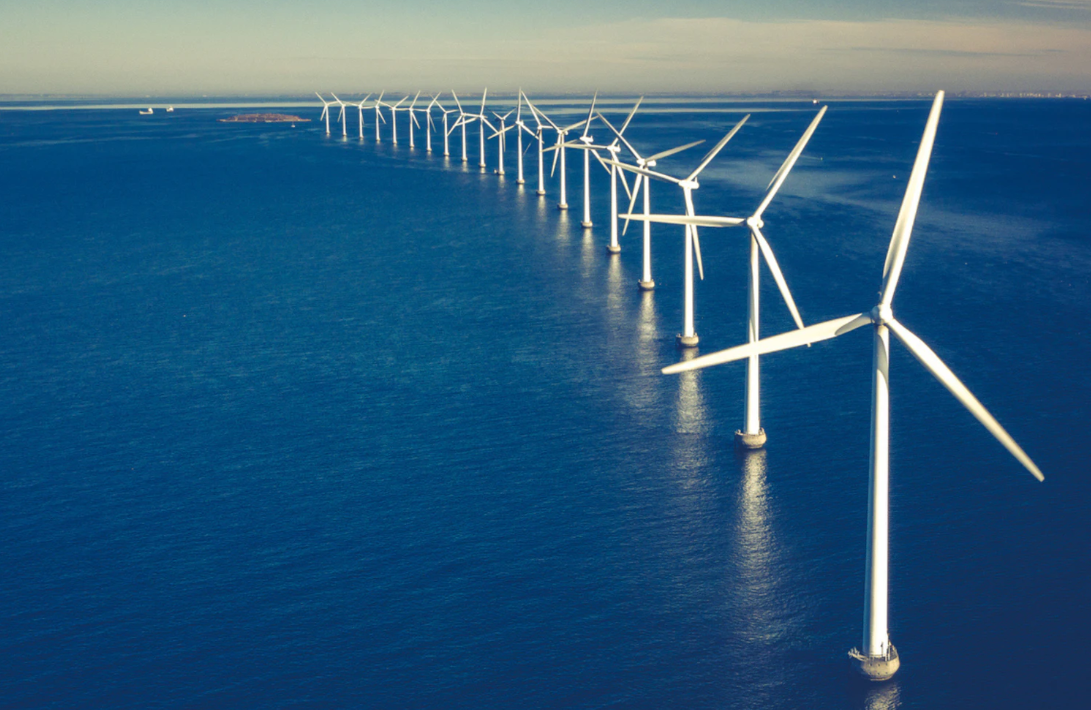Scientists Warn: Extreme Weather Events in Texas Linked to Climate Change

On July 4, 2025, search and rescue teams in Boerne, Texas, faced dire conditions as they navigated an inflatable boat upstream through the flooded Guadalupe River. This extreme weather event resulted from heavy rainfall that caused catastrophic flooding in central Texas, leading to multiple fatalities, including dozens of tragic losses among children. The torrential rains and flash floods struck the region over the holiday weekend, leaving in their wake devastation and grief, with reports indicating that more than 100 lives were claimed.
The National Weather Service had issued forecasts and alerts about the impending heavy rainfall, but the ferocity of the downpours, compounded by darkness, hindered many residents' ability to evacuate in a timely manner. Consequently, the rapidly rising river levels caught many off guard, increasing the risk of deadly flood conditions.
While it is impossible for scientists to definitively attribute specific weather events to climate change, experts stress that there is a high likelihood that the frequency and intensity of such extreme rainfall and flooding have been exacerbated by human-induced climate change. This insight was shared with ABC News by climate scientists who have been closely monitoring global weather patterns.
Daniel Swain, a climate scientist at the California Institute for Water Resources, pointed out that there is substantial evidence showing a significant increase in certain types of extreme weather events globally as a result of climate warming. He emphasized that recent data supports the notion that highly extreme rain events—those that exceed historical norms—are becoming more common.
Despite the National Weather Service providing accurate forecasts, Swain acknowledged the inherent challenges in predicting the specific intensity and exact locations of floods, as models can only offer guidance days or weeks in advance.
Further insights came from Andrew Dessler, a professor of atmospheric science and director of the Texas Center for Extreme Weather at Texas A&M University. He noted that one of the longstanding predictions within climate science is that intense rain events will become increasingly severe. Dessler explained that warmer air has a greater capacity to hold moisture, and when this warm, moist air interacts with thunderstorms, it results in torrential downpours.
The Gulf of Mexico, which borders Texas, has experienced a significant rise in water temperature due to climate change. This warming leads to enhanced evaporation and subsequently more moisture in the atmosphere, which can intensify storms. Swain elaborated that the geographical conditions in Texas further contribute to extreme flooding, especially in hilly areas where water can quickly accumulate in valleys, leading to rapid increases in river levels.
Senior research scientist Jennifer Marlon from the Yale School of the Environment added that while flash floods have always occurred, global warming exacerbated by fossil fuel consumption is intensifying their impact. She pointed out the direct correlation between the burning of fossil fuels and the rise in atmospheric carbon dioxide, which contributes to violent weather patterns, including heavy rainfall and flooding.
Experts agree that to mitigate the impacts of climate change, the U.S. must enhance its flood response infrastructure and invest in renewable energy sources like solar and wind. Dessler noted that these alternatives not only benefit the environment but are also economically viable compared to fossil fuels. He cautioned that as long as fossil fuel consumption continues, the frequency and severity of extreme weather events will only worsen.
Marlon echoed this sentiment, emphasizing the need for leadership and proactive measures to address climate change. She urged leaders to communicate their strategies for transitioning to renewable energy, underscoring that tackling the root causes of climate change is crucial for preventing disasters like the recent flooding in Texas.
This harrowing event serves as a stark reminder of the urgent need for effective climate action and disaster preparedness as the impacts of climate change continue to unfold.



























